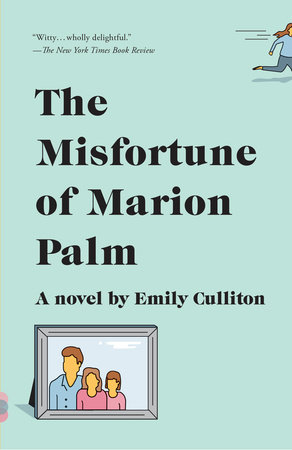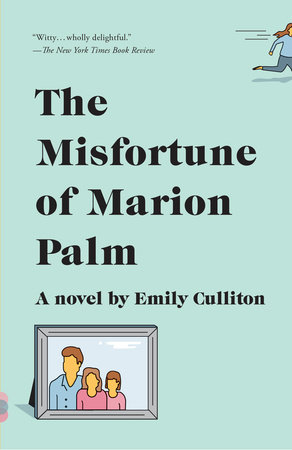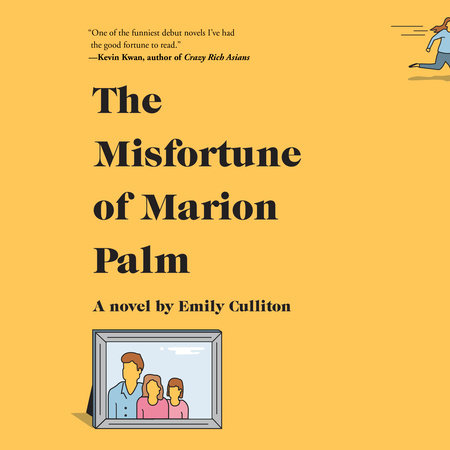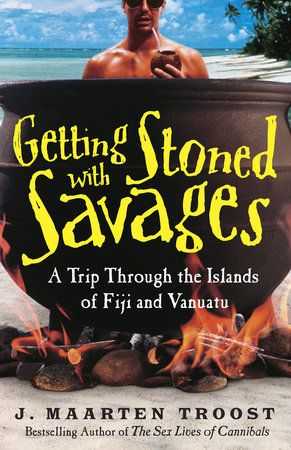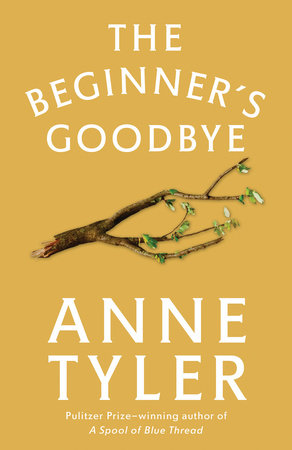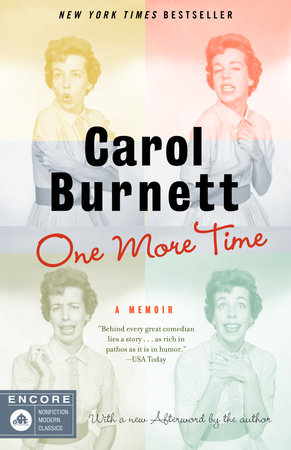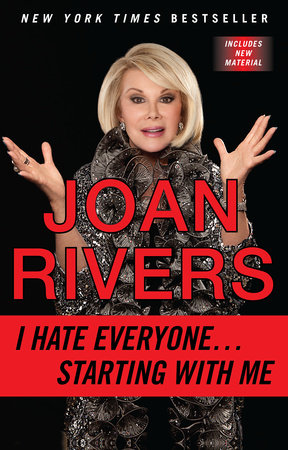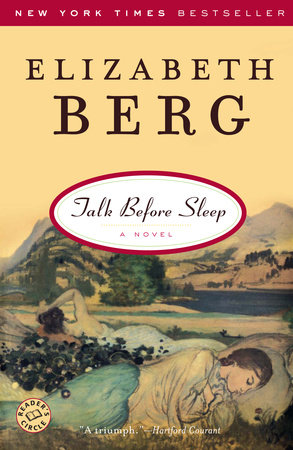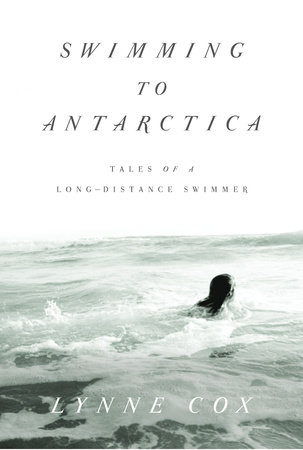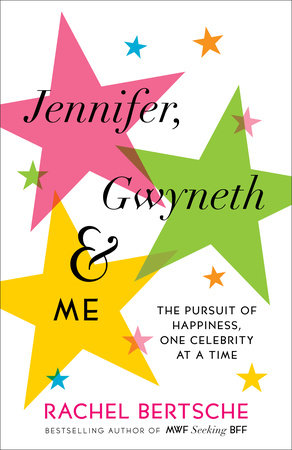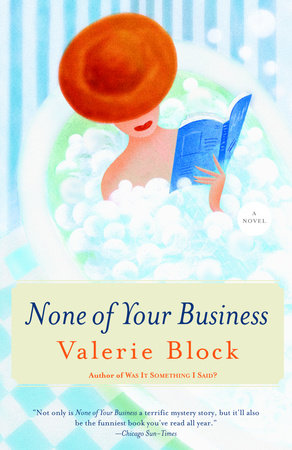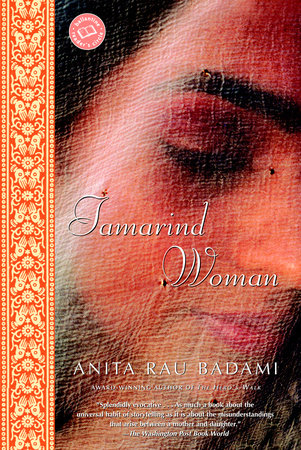A conversation with
Emily Culliton
author of
THE MISFORTUNE OF MARION PALM
Q: What was the inspiration behind THE MISFORTUNE OF MARION PALM?
A: The initial inspiration was a story my mother told me about a Brooklyn private school (not the one I attended, but I knew people who had gone there). The principal had embezzled $20,000 to furnish his apartment. We laughed about it over the phone. $20,000 seemed like a lot of money to steal just for furniture. What kind of furniture was it? Was the principal trying to impress someone? Did he steal the money all it once with the sole intention of furnishing his apartment? Or did he start by using the wrong credit card for a great ottoman? Most of all, did this guy believe he was going to get away with it? (Short caveat: after a cursory google check, I can’t find proof that this ever happened, so it’s probably only gossip.)
Meanwhile, I had written a long short story about a woman who is an alarmingly disconnected adult, and I was interested in exploring her childhood. At first, I thought she might lose her mother at a young age. However, I knew I didn’t want to write about grief, or at least, a traditional kind of grief. I imagined a girl who literally loses her mother. Her mother may or may not be dead. She doesn’t know.
These ideas merged, and I knew I would write about a mother who steals from her daughters’ private school and leaves. I had to come up with the circumstances that would both be ideal for embezzlement (Marion works for the school and appears trustworthy) and also the need for embezzlement (the Palms are not as rich as they seem). Once I decided that the novel would begin immediately after Marion leaves, I focused on how her family would respond. I wanted to be true to the moment, and the initial shock, so the first reactions to Marion’s abandonment are small. Nathan orders a pizza. Ginny and Jane play outside. These small reactions accumulated and developed into broader character arcs.
Q: How did you get into the head of Marion and the sometimes-questionable choices she makes?
A: The story opens with Marion having made her most questionable choice of the novel – she’s left her children behind without telling them why or where she’s going. Now Marion must deal with the consequences. Her primary concern is her own survival, and so her choices at the beginning are mundane and practical. How will she buy a train ticket without using a credit card? Where will she sleep? What will she do if she runs into someone she knows? I found that both Marion and I were struggling with the same kinds of problems. I needed to keep Marion from being found for the sake of the narrative, and so it was easy to put myself in her shoes.
Once she feels safe in Brighton Beach, and her survival is not threatened, her larcenous tendencies rise to the surface again. Her family has kept her from embezzling on a larger scale, so without that constraint, she can take greater risks. However, Marion is still conflicted by what she wants to do and what she should do. That struggle was something I could relate to.
Here’s what I found important to remember when writing Marion: Marion misses her children, but believes they are better off without her around. Abandoning her family was the right thing for her to do. She has saved her children.
Q: The story examines how Marion’s disappearance affects her kids and her husband. Did you always know that you wanted to show their perspectives as well, or did that come later in the writing process?
A: I knew I needed to develop active characters. I had only written short stories before this book, and it took a while to get used to a form that doesn’t end right way. I kept trying to wrap up this novel after twenty pages. So, to help myself out, I wanted characters who would, by and large, keep moving forward. I wanted to write about the whole family, but I didn’t know how close or far away the voice would be from each of them. There was an early draft told only from Ginny’s perspective, but that was limiting. Marion’s decision making process was intriguing to me as a writer, and Ginny remains in the dark about her mother’s choices; also, I didn’t want to spend the next years of my life thinking like a thirteen-year-old. Once I realized that I would write from each perspective, this offered me a narrative form that felt right for the story. The short chapters made it easy to switch perspectives and built momentum.
Q: Which character was the most fun to write? The toughest?
A: Marion was pretty fun to write. She takes risks. She rarely feels sorry for herself or other people. She just plows ahead. I liked writing her scenes with Sveyta. Nathan also had his fun moments, although it was sometimes difficult to write a character who is so passive. But he’s definitely the most introspective, and so I had some latitude with him.
Ginny and Jane were more difficult. I needed to acknowledge in the story that something traumatic has happened to them. But, again, I wanted them to be active characters. I needed to discover how they would respond. How would they act out? How would they take care of themselves? How would they try to protect themselves? Furthermore, what would an eight-year-old and thirteen-year-old understand about their mother? What wouldn’t they understand? It was a challenge to write two characters who don’t have the psychological resources of an adult without dumbing them down. I wanted Ginny and Jane to be as complicated and nuanced and flawed as their parents.
I thoroughly enjoyed writing all the secondary characters. I got to be mean in a way that I couldn’t with my primary characters. I did struggle with the Detective. This was the character that seemed most open to stereotype, and it was difficult to resist that. I love Lenny Briscoe, but I didn’t want him in my book. I talked a lot with my sister who happens to be a beat reporter in New York. She helped me walk the fine line between noting certain commonalities of Brooklyn detectives and making my Detective an individual character.
Q: Brooklyn serves as another character in the book in some ways, and you went to high school in Brooklyn. Did you have to do any research in addition to reminiscing about your past experiences in the borough?
A: Brooklyn has changed dramatically since I lived there. The Brooklyn in my book is kind of an amalgamation of the Brooklyn of my childhood, the Brooklyn of my twenties and Brooklyn now. I wrote much of this book while living in Denver, so I did have to spend some time on Google Maps making sure my characters took the right subway route – I’d be embarrassed if I got that wrong.
I often write stories about settings I’ve just moved away from. The distance makes fictionalizing a place a little easier, I have more creative license. Still, when I visited Brooklyn, I’d take some deliberate walks to double check I wasn’t getting a neighborhood wrong. Mostly, I researched embezzlement for this book. Main takeaway: it’s easier than I thought it would be.
Q: There’s been a lot of conversation in the literary community about likable characters. Do you think your characters are likeable, and do you think it matters?
A: Well, I like my characters. I wouldn’t have been able to write this book without some affection for the Palm family. I don’t know if I can speak for a reader. Likeability of my characters wasn’t something I necessarily thought about during the writing process. And, ultimately, I don’t think it matters. Muriel Spark is one of my favorite writers, and she wrote some atrocious characters and I love them. As an author, I’m more concerned with believability than likeability. I ask myself if my characters are reacting to situations believably. Even if those situations are outlandish or unusual, are they responding in a way that’s true to the world of the narrative? If they are, then I think (or at least, I hope) the reader will engage with them. I don’t think likeability has much to do with that engagement.
Q: This is your debut novel. Any idea what’s next for you?
A: Yes! I’m getting excited about my next project. I’ve been working on this book for the last four years, and I’m eager to start something new. I’m at the wonderful stage where I need to take some long walks and think about characters and plot. I’m playing around with a first person voice, and a more traditional (even old-fashioned) narrative form.
